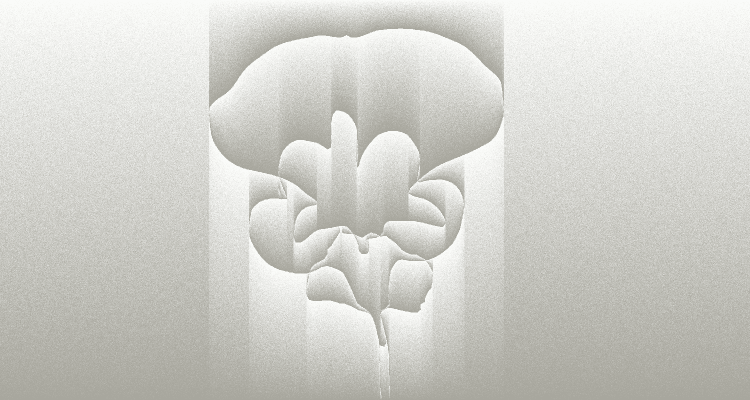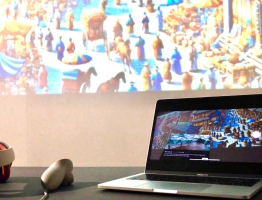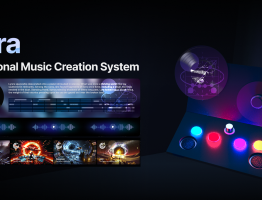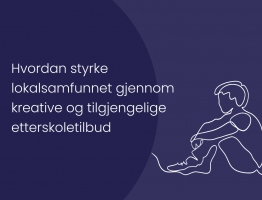Diploma project
Spring 2024
Institute of Design
Between Citizenships is a diploma in three variations, each exploring citizenship from different perspectives.
Citizenship is so foundational to how we organize the world that we tend to take it for granted. But precisely because it is so ordinary, reimagining it can lead to significant societal transformations—transformations that are necessary amid the intersecting social and environmental challenges we face today.
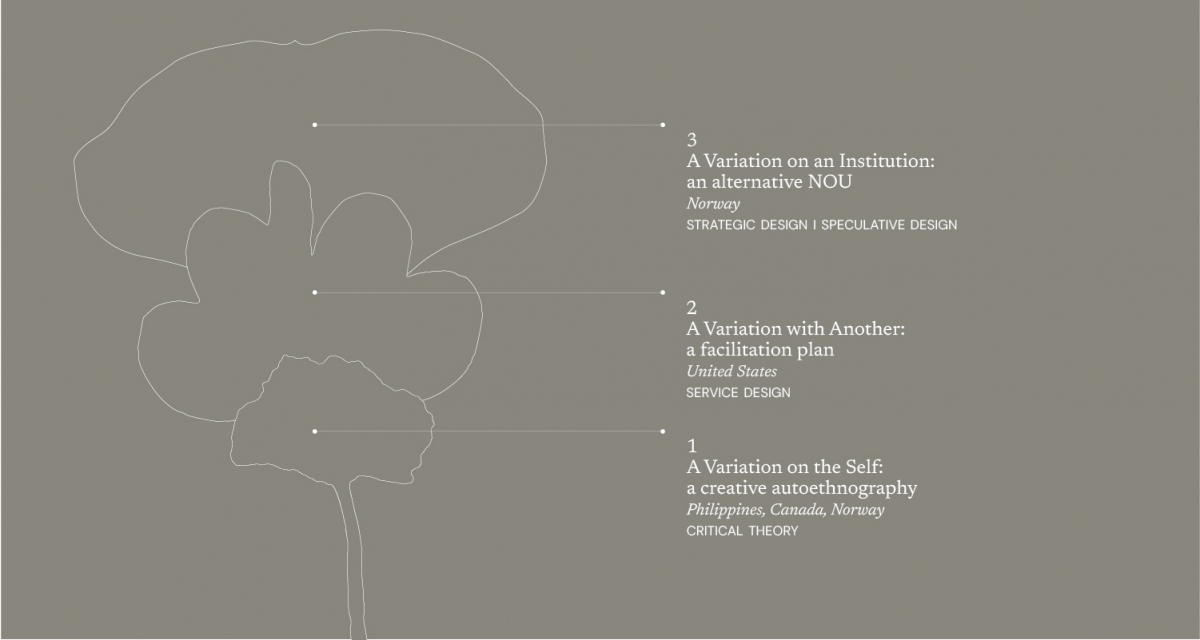
Using design, I rethink citizenship at the individual, interpersonal, and institutional levels. The result is a set of proposals to help us construct alternative identities, relationships, and structures for a more just and resilient world.
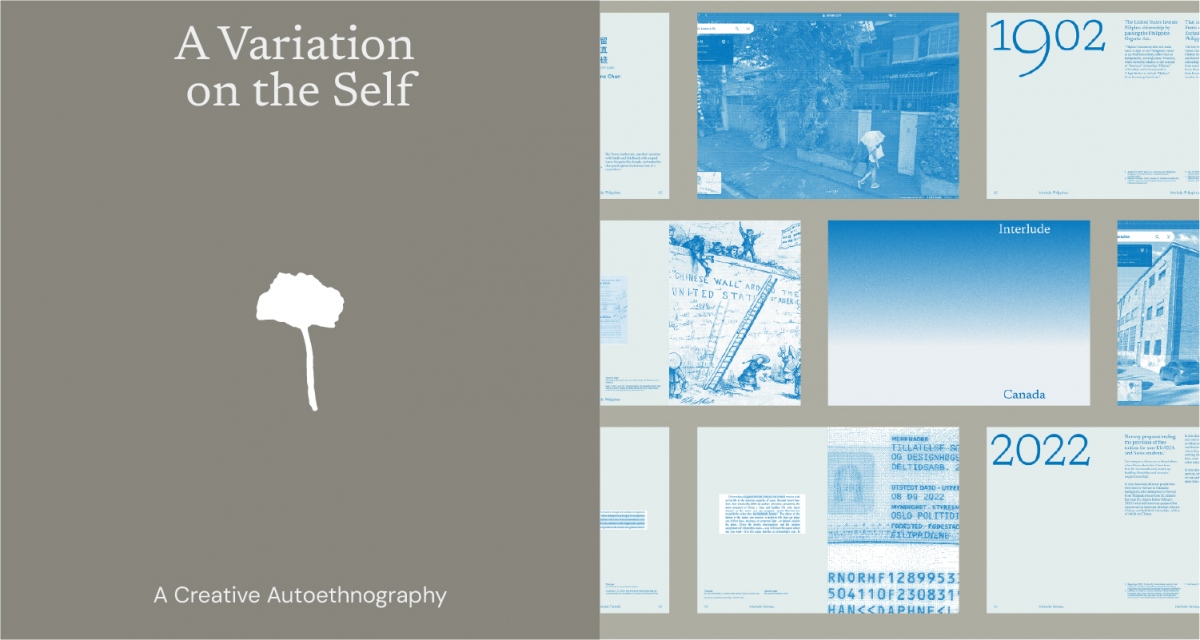
On an individual level, citizenship shapes how we understand our place in the world. The first variation of my project is manifested as a creative autoethnography that traces my own relationship with citizenship and reveals my subjectivity as a designer intervening in the topic.
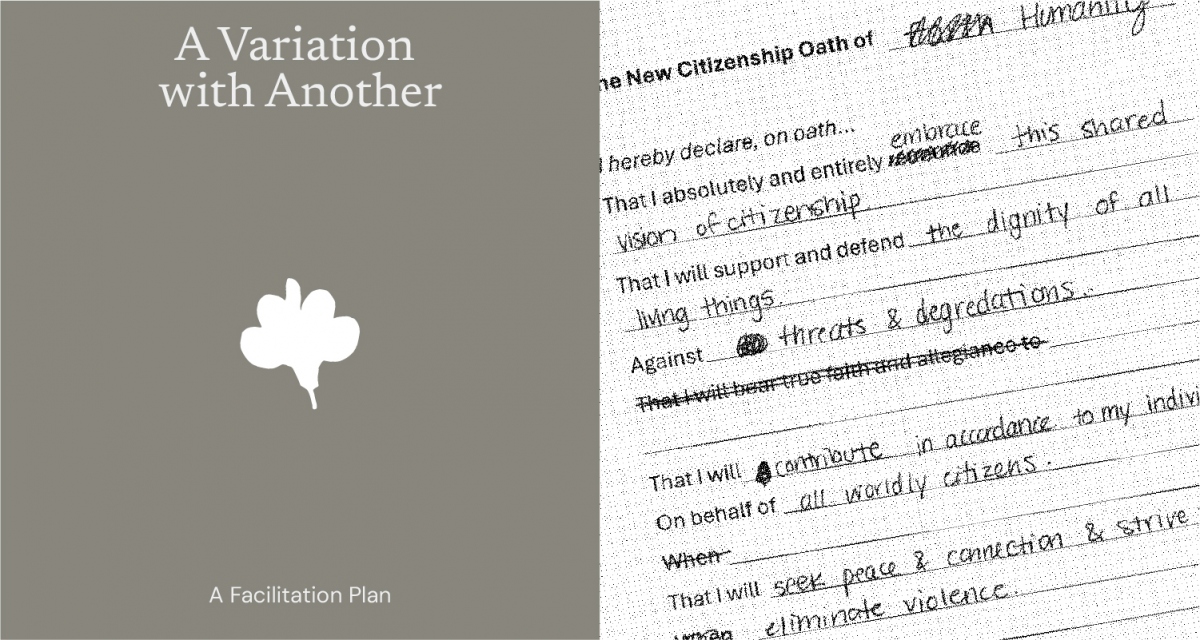
On an interpersonal level, citizenship defines community and belonging. Together with the Interactivity Foundation, an American nonprofit, I developed a facilitation plan that invites people historically excluded from full citizenship to imagine what they want the future of it to be like. The tools that emerge from this project help cultivate an intersectional and inclusive civic identity.
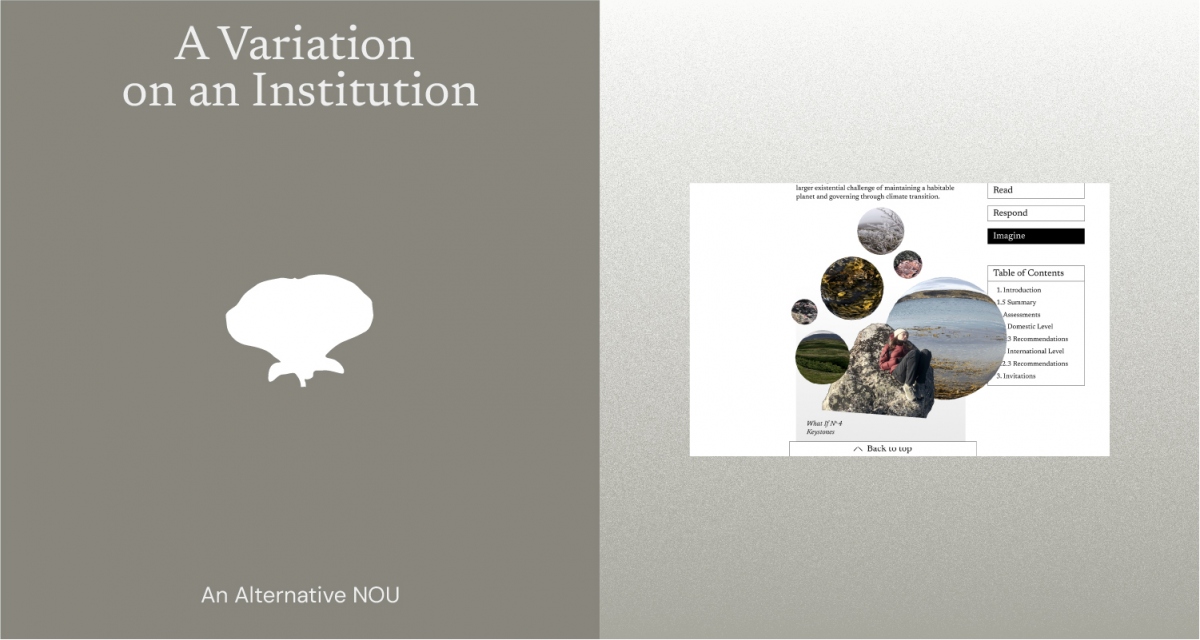
On an institutional level, citizenship structures democracy and governance. My third and final variation engages with the legal dimensions of citizenship through an alternative NOU, a policy contribution for Norway. By incorporating design into policy, I present ideas to open up the existing legislative process. By synthesizing critique and possibility into a speculative public document, I model what broader institutional transformations could look like.
Together, the three parts of this diploma work towards a new sociopolitical imaginary—one that is borderless, radically democratic, plural, and just.
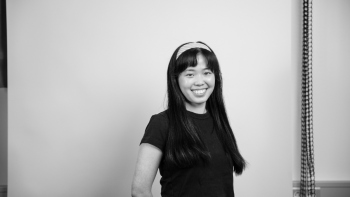
Daphne Chan / www.dlchan.com

Using design, I rethink citizenship at the individual, interpersonal, and institutional levels. The result is a set of proposals to help us construct alternative identities, relationships, and structures for a more just and resilient world.

On an individual level, citizenship shapes how we understand our place in the world. The first variation of my project is manifested as a creative autoethnography that traces my own relationship with citizenship and reveals my subjectivity as a designer intervening in the topic.

On an interpersonal level, citizenship defines community and belonging. Together with the Interactivity Foundation, an American nonprofit, I developed a facilitation plan that invites people historically excluded from full citizenship to imagine what they want the future of it to be like. The tools that emerge from this project help cultivate an intersectional and inclusive civic identity.

On an institutional level, citizenship structures democracy and governance. My third and final variation engages with the legal dimensions of citizenship through an alternative NOU, a policy contribution for Norway. By incorporating design into policy, I present ideas to open up the existing legislative process. By synthesizing critique and possibility into a speculative public document, I model what broader institutional transformations could look like.
Together, the three parts of this diploma work towards a new sociopolitical imaginary—one that is borderless, radically democratic, plural, and just.

Daphne Chan / www.dlchan.com
